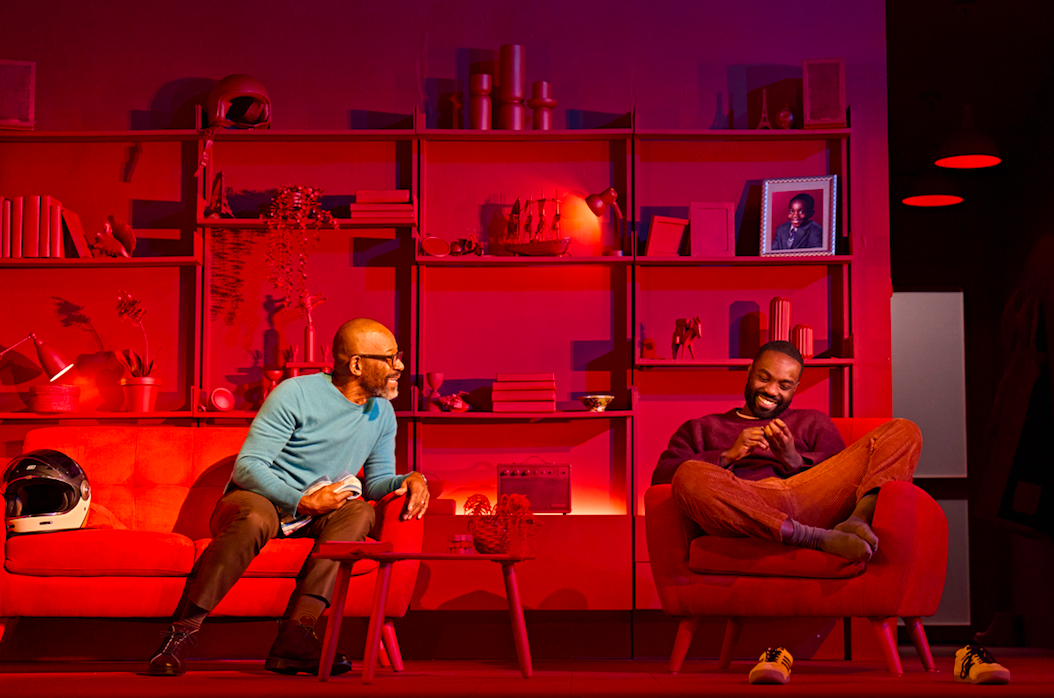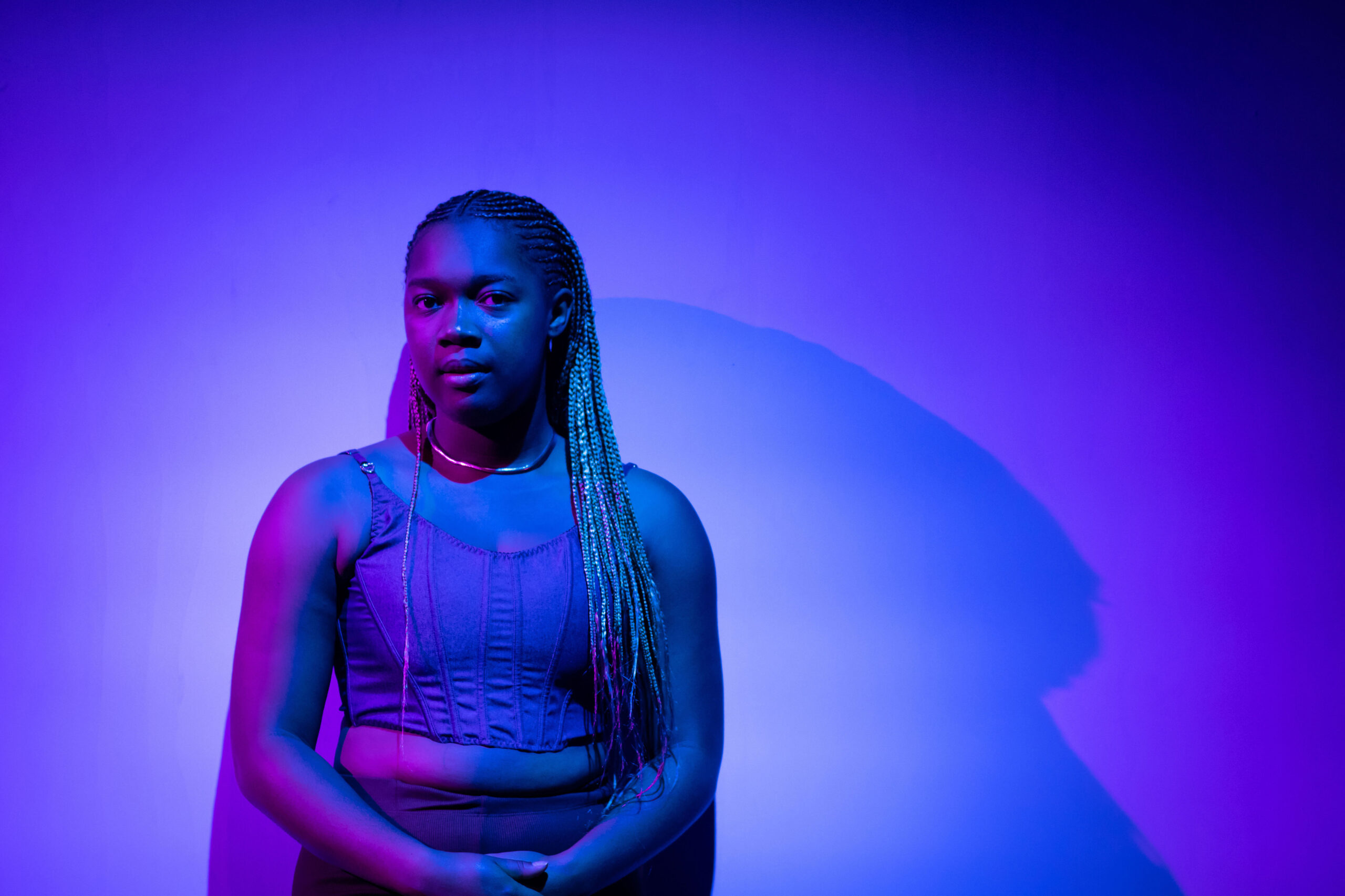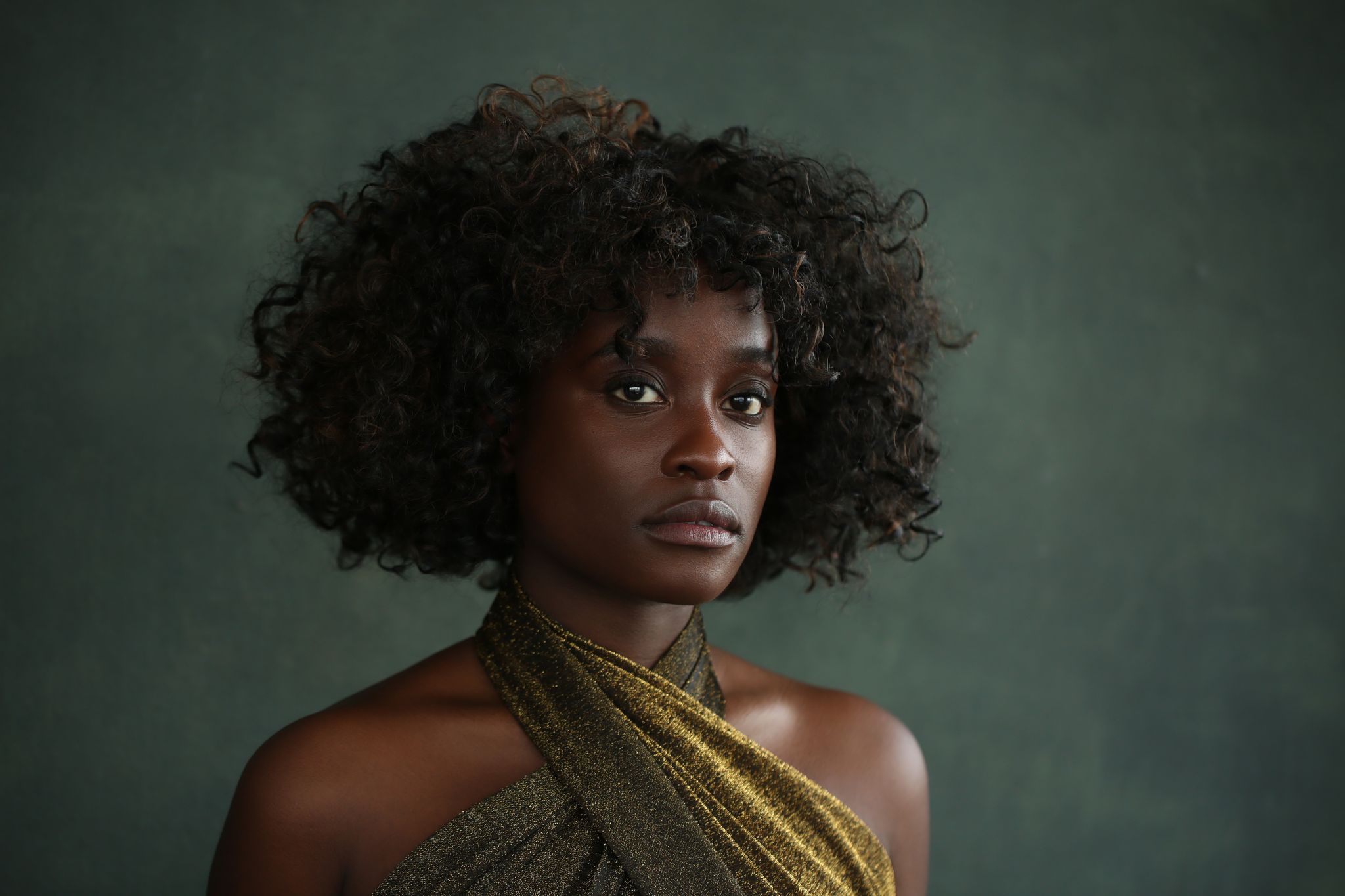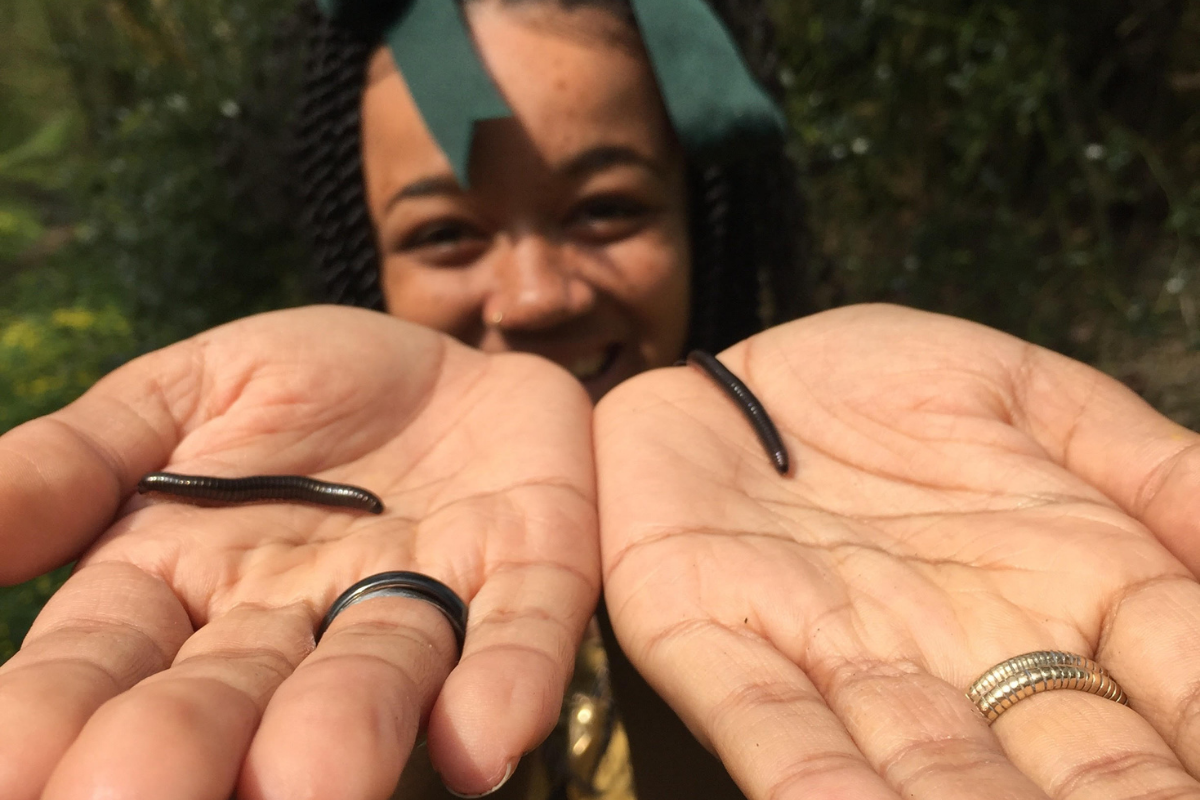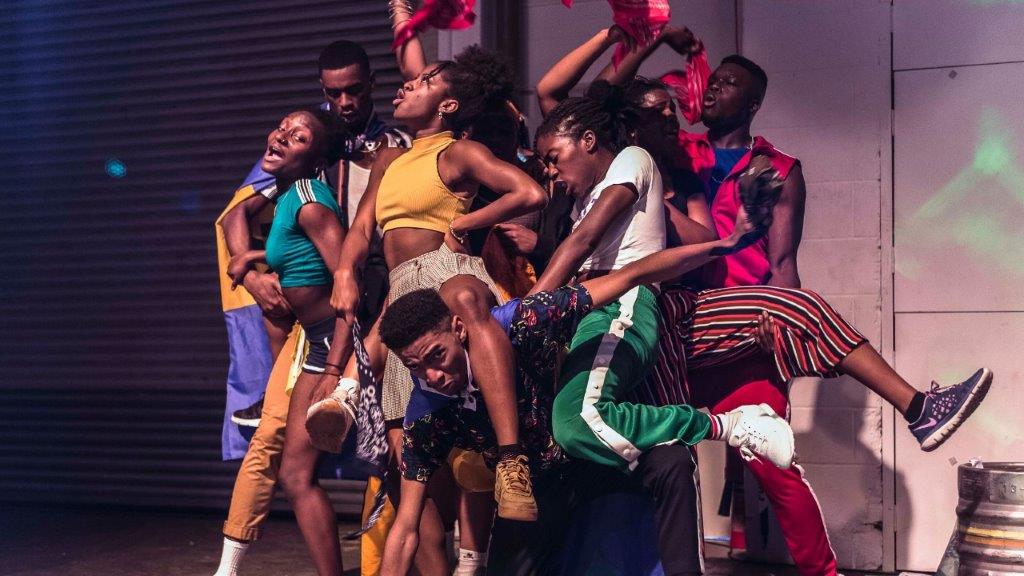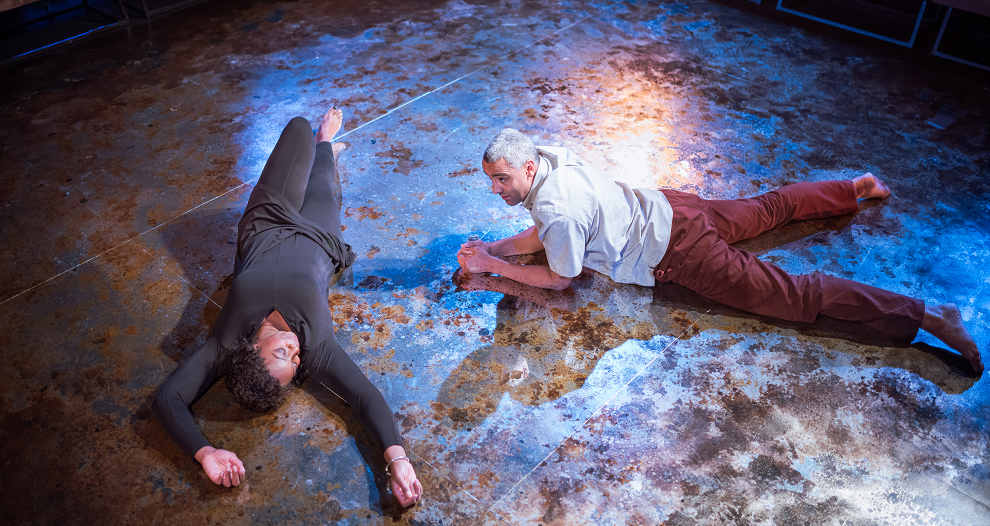
Tackling colourism through theatre: gal-dem in conversation with Nancy Medina
Coral Wylie
01 Dec 2017
Originally from Brooklyn, New York, Bristol based director Nancy Medina is now in London, and she’s pushing the boundaries for the conversations we have in black theatre with a deeply powerful play reflecting on colourism in the black community.
Set in South Carolina in the 1970s, Yellowman tells the story of Eugene, a very fair-skinned black man, and Alma, a dark-skinned black woman. The pair are blissfully unaware of their own differences, and their growing affection for eachother is met with opposition, prejudice and violence by those closest to them.
Whilst colourism is an issue faced in almost all communities of POC, between these communities it can manifest in different ways and leaving it often left unseen. As a “medium” skinned black woman, I face far less prejudice than others, yet still as a child I remember being told by my peers that they would find me prettier if my nose wasn’t so wide, reminding me that it wasn’t just lighter skin they deemed attractive, but more eurocentric bone structures.
Even more troubling, this issue doesn’t seem to reach mainstream media in the way inter-racial conflicts do, until it’s an opportunity to berate someone for feeling so crushed by society that they change their appearance (remember how people attacked Lil’ Kim last year?)
Yellowman at the Young Vic brings a platform to discuss colourism on a large, more mainstream scale; which is why I was so excited to talk to Nancy Medina about the play, and her recent win of last years Genesis Future Directors prize.
What was it that drew you into the world of theatre to begin with?
I was in a youth theatre in New York City that recruited kids from inner city boroughs, we were all from Brooklyn and Manhattan and The Bronx…we would devise pieces that mostly came from stories about our own lives and family – what they now call “urban theatre” was just us doing theatre! Then, when I was about 17, a bunch of us decided to create our own theatre company, and I was a performer at the time. We were making our own shows off Broadway – off, off, off Broadway by the way, and we realised that after a while if we wanted to take this seriously someone needed to step out, and I just happened to be the most organised person. I became the director for a lot of our shows and I realised that’s just where I loved being. I loved being in that place where you put all the stories together, you put the pictures together, you frame things for the audience. So for me that was what I wanted to do very early on in life.
Where did you first come across ‘Yellowman’?
I first came across it when it first came out in I think 2002? I read it and it blew my mind because I had never really read anything ever that expressed complex themes that people of colour have within our own communities regarding shades of skin colour. I’m from the Dominican Republic and that issue is rife within our culture. We actually have a saying, “Mejorar la raza”, which means “Bettering the race”, so it is actually considered a goal to marry lighter [sic] because that’s apparently becoming a better “class” of person.
For me, growing up, it was very complex because you don’t really know how to step back and look at your family and kind of analyse why things are the way that they are…Part of why Yellowman really stuck with me is because that’s what the play does, it breaks it down showing this generational trauma, this generational view. My mother was mistreated because her mother was mistreated, and her mother and her mother and it goes on.
“I don’t want people to come in and think ‘Oh another black tragic play’, I want them to think ‘Oh, I see how this keeps perpetuating’, and these ideas of self hate from generation to generation and not understanding our own self worth, and how to break this cycle…”
It’s really important I think for young people to see that because we could easily just look at our culture with negativity and judgement, rather than empathy.
I don’t want people to come in and think “Oh another black tragic play”, I want them to think “Oh, I see how this keeps perpetuating”, and these ideas of self hate from generation to generation and not understanding our own self worth, and how to break this cycle.
“for people of colour, and our truth, most people don’t want it… That’s really sad, they don’t want our truth, they want their version of our truth.”
A huge part of colourism within the black community is the unapologetic hypocrisy that so often is brought with it. When it was brought suddenly into the mainstream media’s attention with Lil’ Kim’s instagram selfies last year, the same people claiming they would only date light skinned women or were #proud to be #lightskin were turning around and loudly criticising her for lightening her skin
Yes! I really hope we get a mix of audiences, because everyone needs to see that. It’s all over the world, in almost every community of people of colour that we are constantly bombarded with and expected to adhere to this idea of white beauty and superiority, and when you’re white you don’t see that, because you’re already there.
Congratulations on winning the Genesis Future Directors award last year! What was the process like applying for the award?
I didn’t set out with an initial purpose to put on Yellowman, when I applied for the award it was on a list of about 3-4 plays and I did a written response, and came in in front of a scary panel of people to talk about myself and how I would put on this play. I was very honest – which was funny because I thought my honesty wouldn’t help me through, but it did!
I feel like this has come in a really great point in my career, where I feel really confident about the work that I do, and now it’s time for other people to see that!
Especially for black women, that honesty you spoke about is often something we find ourselves scared of. That we have to somehow tone down our blackness to appease white audiences before they’ll decide to listen to us.
I used to feel like that too, but I’ve hit a point in my life where I’ve realised that if they don’t want to listen to me, I don’t want to speak to them – I don’t want to be who you want me to be. That’s my truth, that’s my art. And it’s so difficult because for people of colour, and our truth, most people don’t want it… That’s really sad, they don’t want our truth, they want their version of our truth.
Finally, do you have any advice for aspiring directors?
Don’t compare your career to anyone else’s. You should make a goal for your career, for what you want from it, not what you think you should want from it or what someone else tells you to want. I’m a mother of two boys, so I know that I’m not going to be chasing every gig out there, but I’ll set a goal of how many productions a year I can be a part of feasibly, and that satisfies my artistic soul. Do what satisfies you, not what satisfies a theatre.
Yellowman runs at the Young Vic theatre 28nd November – 2nd December
Find Nancy Medina on Twitter @isthedirector

